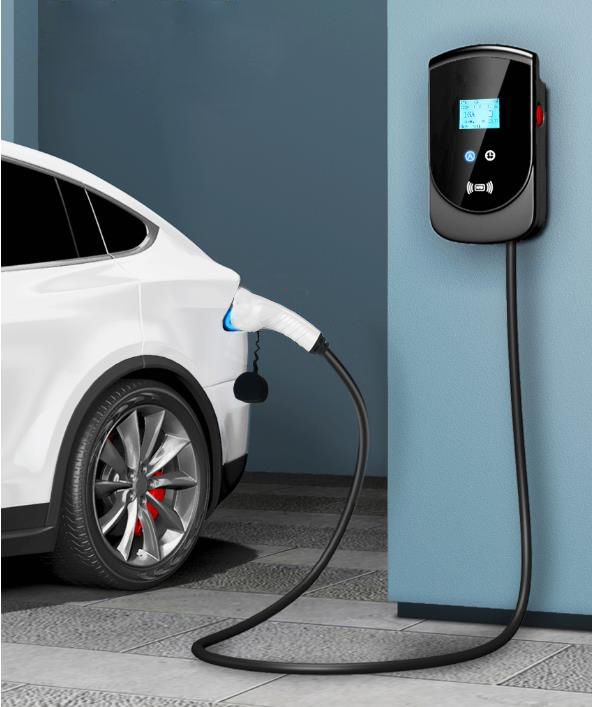What do I need to know about EV charging?
With the increasing electrification of homes, balancing electrical supply is becoming more important. The capacity of the supply will need to be matched to the equipment loads on
the building and should consider the future use of EV charging.
For example, a home with a single-phase electrical supply is limited in its ability to export unused energy from solar PV and takes longer for EVs to charge (around 10-20km of
range obtained per hour with a mode 2 charger).
A typical EV can charge more than twice as fast at the same amperage with a dedicated sub-circuit or three-phase electrical supply. This provides more capacity both to export
power, and additional capacity and flexibility in the choice of EV charging.
Understanding domestic EV charging
EVs require a dedicated electrical source to charge the vehicle’s high-voltage battery. Power is supplied as Alternating Current (AC) which is then
converted to Direct Current (DC) via an inverter onboard the vehicle. As cars spend most of their time idle, the majority of EV charging occurs in the home from a household supply
via a mode 2 or 3 charger.
A mode 2 charger is generally supplied with the vehicle, is portable and provides basic functionality including RCD protection and earth continuity monitoring. The only prerequisite
is an accessible domestic 10-amp power point (likely available in any garage).
Mode 3 chargers are faster and require more capacity in the electrical supply. These units generally consist of a wall-mounted panel with an integrated cable or cable plug outlet.
These often offer added safety with intelligent controls such as built-in monitoring.
Bi-directional charging is the process whereby an EV charger enables two-way flows both to and from an EV. This can be used to supply electricity back to the grid or another EV.
Chargers with this capability are more expensive and less common in both EVs and chargers in Australia, but technology is moving quickly.
Type2 Portable EV Charger 3.5KW 7KW Power Optional Adjustable
Post time: Nov-22-2023









